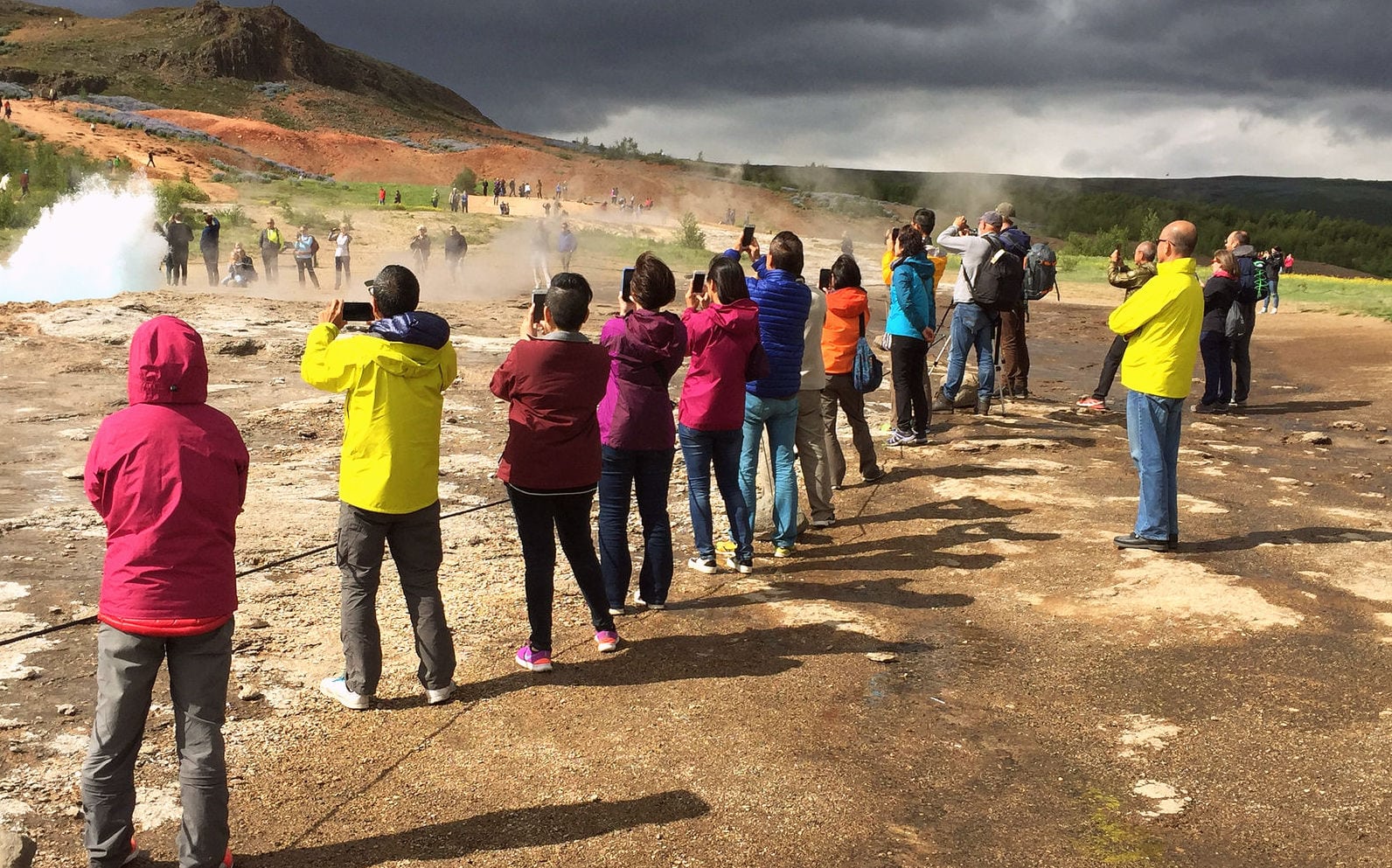The Genesis of Overtourism: Why We Came Up With the Term and What's Happened Since

Skift Take
Overtourism is a word that I inadvertently coined on June 14, 2016. It happened as it usually does for me when I work out concepts in my head: with an email to the two people I have been working with since we started Skift: Jason and Dennis. I quickly created a Google Doc outlining what I had in mind and shared it internally.
This was a continuation of the previous discussion we had in office with the editorial team about the democratization of global travel and what affect it had on the world, and who were the winners and losers.
That was also a time soon after UNWTO declared that the tourists traveling globally had crossed the one billion mark. It was also the seminal year when the Chinese travelers became the biggest group of outbound tourists in the world, crossing the 100 million mark annually.
There was also an ongoing parallel conversation happening at Skift amongst our editorial team on sustainable travel and our role in covering it. We had stayed away from the phrase “sustainability” since the start, because it was a phrase that had been in usage in travel for 20 years with little or no resonance in the larger travel industry, beyond the 101 basics everyone does.
The industry organizations like UNWTO and WTTC and other such stasis-by-consensus bodies had been using it forever, to be brought out in conferences and annual corporate social responsibility (read PR) efforts when needed. If this was the case for the industry insiders, imagine what happened when you threw around sustainability to the travel consumers: everyone’s eyes would glaze over. In other words, no one would give a shit.
Skift being Skift, we started to think through new ways of approaching the intersection of global growth of tourism and the responsibility of the travel industry, the world’s largest, to manage this growth.
We have championed two other “rallying cries” since our start: 1) Travel is the world’s largest industry, let’s start acting like it. 2) Travel is now the geopolitical center of the world, deal with it!
These were the large narrative arcs that we were working with, after three years into the Skift journey.
Why Iceland?I came up with “Overtourism,” a simple portmanteau to appeal to people's baser instincts with an element of alarm and fear in it. That is precisely the reason why it has caught on like f
